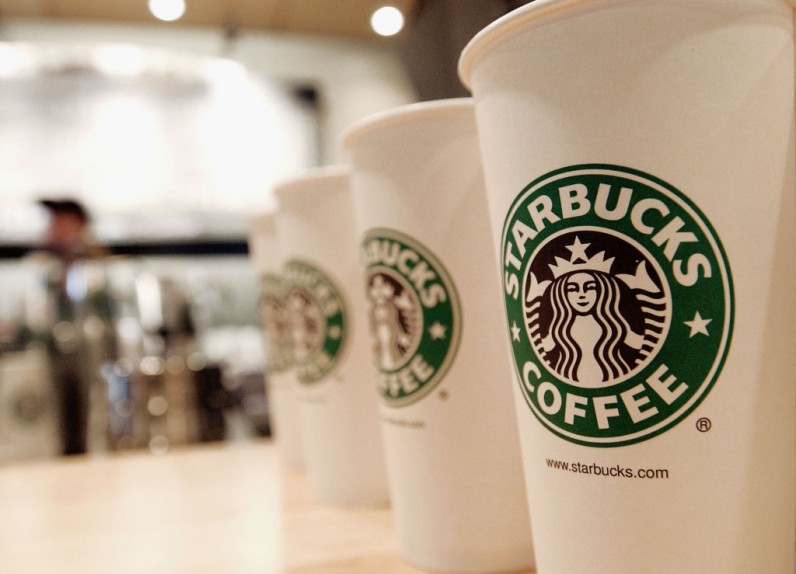
A new lawsuit has accused coffee giant Starbucks of buying beans from farms in Brazil where workers were allegedly forced to work in conditions like modern-day slavery.
The case, filed in US District Court in Washington by International Rights Advocates, represents eight unnamed Brazilian farmworkers.
The group says the workers were tricked into working on coffee farms with promises of good pay. Instead, they were housed in dirty shelters and saw the cost of food, tools, and travel taken from their wages.
"Consumers are paying obscene amounts for a cup of Starbucks coffee that was harvested by trafficked slaves," said Terry Collingsworth, the group's lawyer. "It is time to hold Starbucks accountable for profiting from human trafficking."
The farms in question belong to Cooxupé, Brazil's largest coffee cooperative.
According to AP, although Starbucks admits to purchasing beans from Cooxupé, the company says it buys from only a small number of the co-op's 19,000 members.
Labor group sues Starbucks, saying it ignores slave-like conditions for workers in Brazilhttps://t.co/oDKpLEwOFz
— Chicago Tribune (@chicagotribune) April 25, 2025
Starbucks Faces Scrutiny Over Ethics of Coffee Supply Chain
In a statement, Starbucks denied any wrongdoing: "The claims in this lawsuit are without merit. We are committed to ethical sourcing and protecting the rights of workers."
The company also pointed to its Coffee and Farmer Equity (C.A.F.E.) Practices program, which it says involves regular third-party audits and was created with the help of labor experts.
But rights groups say that Starbucks' current oversight is not enough. They claim there is little transparency about where the coffee really comes from. According to them, many farms tied to Cooxupé have already been flagged by Brazilian officials for labor violations.
Adding pressure, a watchdog group called Coffee Watch recently filed a petition with US Customs and Border Protection.
The group asked the government to block imports of Brazilian coffee linked to forced labor, naming Starbucks, Nestlé, McDonald's, and others.
"This isn't about a few bad actors," said Etelle Higonnet, founder of Coffee Watch. "We're exposing an entrenched system that traps thousands in slavery."
Brazil is the world's biggest coffee grower, but watchdogs say illegal labor brokers often target poor workers, tricking them into "debt bondage." Many live without clean water, toilets, or beds, and are paid little or nothing, NY Times said.
Cooxupé has stated that it is not involved in the recent lawsuit and has not reviewed its contents. However, Brazilian authorities have recently placed several of its member farms on a "slave labor" blacklist, raising concerns about labor practices within its network.
"This issue is not going away," said Collingsworth. "Companies must be held responsible for what happens at the start of their supply chain."







Join the Conversation